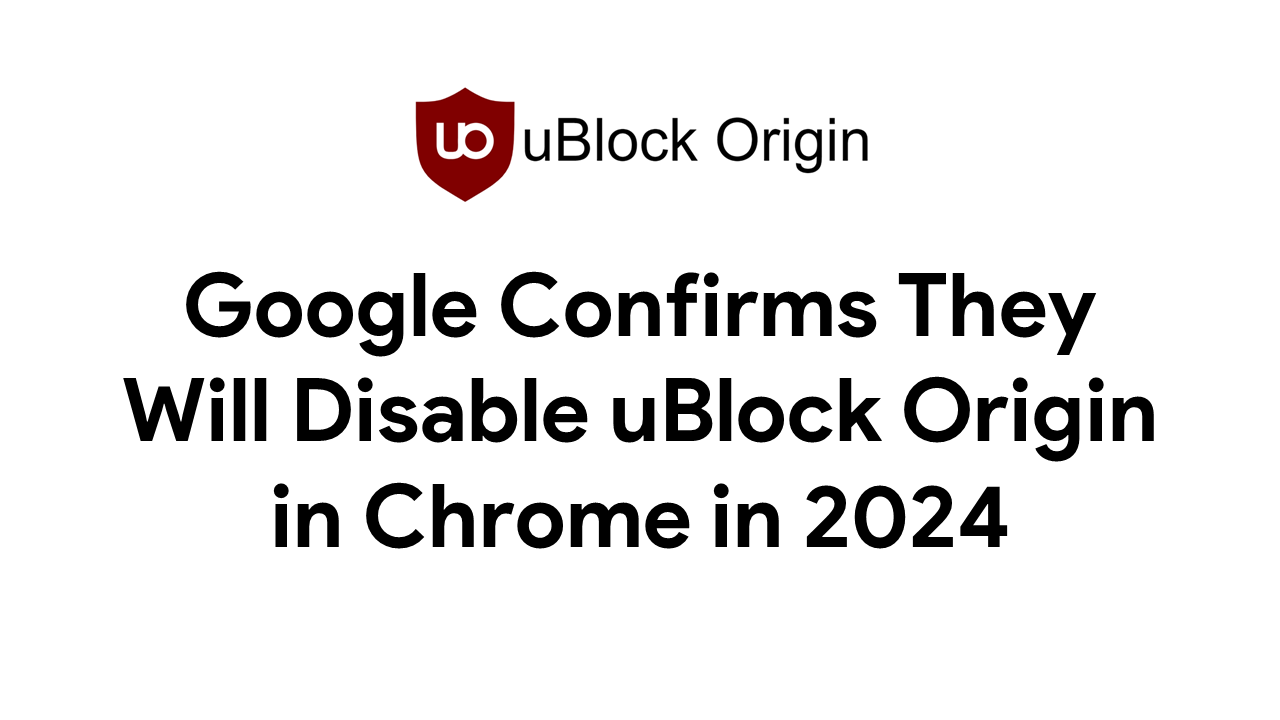With Manifest V3, Google aims to enhance the safety of extensions by prioritizing user privacy, but the update was initially met with criticism for its impact on ad blockers.
In response, the Chrome team has introduced new features and is preparing to disable old Manifest V2 extensions in 2024.

Starting June 2024 (Chrome 127+), Google will automatically disable Manifest V2 extensions in Chrome Dev, Canary, and Beta.
Additionally, Chrome Web Store installs will no longer be possible. To ensure a smooth transition, developers are encouraged to update and migrate their extensions before the deadline.
This change will be rolled out gradually, with Google taking into account user feedback and data to ensure that Chrome users understand the update and have the option to find alternative, up-to-date extensions.
Statement From Google:
We expect it will take at least a month to observe and stabilize the changes in pre-stable before expanding the rollout to stable channel Chrome, where it will also gradually roll out over time. The exact timing may vary depending on the data collected, and during this time, we will keep you informed about our progress.
Originally scheduled for 2023, the transition to Manifest V3 was pushed back as Google focused on closing the functionality gap between the two versions with several key updates. These included:
- Offscreen Documents, which grant DOM access for extensions to use in scenarios like audio playback
- Simplified control over service worker lifetimes for extensions performing long-term tasks like receiving events
- A new User Scripts API, enabling safer user script management for extensions
- Enhanced content filtering support with more generous limits in the declarativeNetRequest API for static and dynamic rules.
Regarding ad blockers, Google has acknowledged the persuasive evidence presented by extension developers. As a result, the team has decided to raise a previously imposed limit and ease certain safety-related restrictions.
We are committed to continuing to invest in the declarativeNetRequest API so we can support as many use cases as possible, and look forward to continuing to work with the community. In particular, we’d like to thank members of the WECG for their engagement, including AdGuard for sharing a significant amount of the data that drove this work, and all browser vendors who have all been a major part of designing this API.
Curious: What do you think about “How much market Firefox will gain after this step”?
Related Stories:
